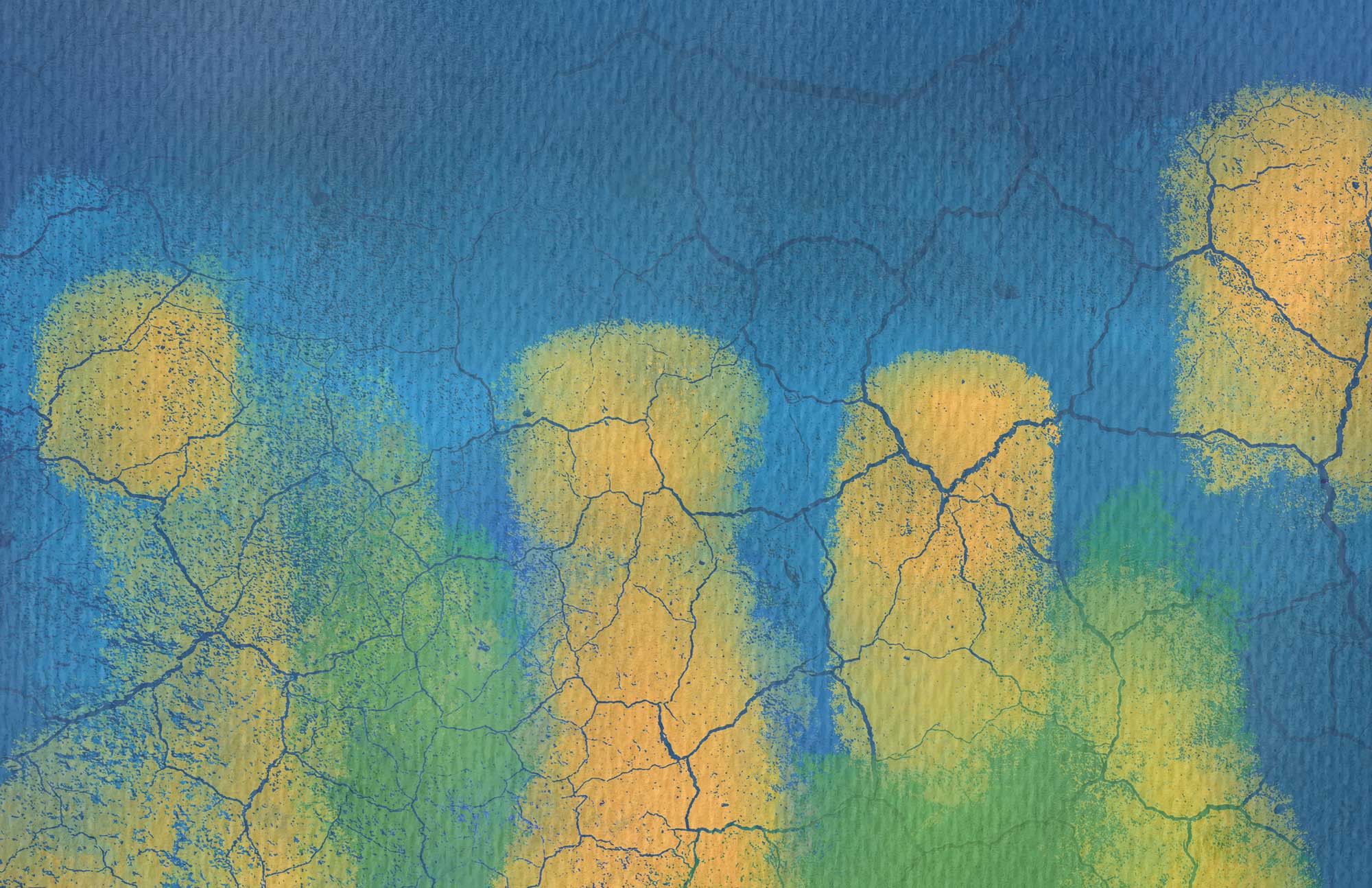Student Activism as Interpretation
by Jyoti M. Rao

As I write, student activists across the United States are protesting our collective complicity in the rampant human rights abuses underway in Gaza, including mass starvation and the confirmed death of nearly eight thousand children, with thousands more likely lost and injured under the rubble.
These students—our students, who learn from observing us even if we do not directly teach them—are offering a multifaceted communication to us through their activism, a communication that is in deep engagement with unconscious domains. Because of its conversance with unconscious workings and psychoanalytic ethics, as well as its clear therapeutic action, this student activism may be considered a form of psychoanalytic interpretation, spontaneously emerging at a moment of need.
Social justice activism functions much like psychoanalytic interpretation does in clinical settings, creatively engendering introjection, catharsis, insight, identification, and working through. Student activists in the United States have been a source of solidarity and hope for Gazans. Refugees fleeing for their lives in Rafah have expressed gratitude for the activism on college campuses, speaking to support that has been both proffered and received. Leaders of protest movements serve as figures who may be identified with and taken in by others, and their action and speech provide opportunities for catharsis and insight. Importantly, activists offer themselves for these functions when the feeling of helplessness is at its zenith. Their activism holds out the possibility of change in the face of overwhelming circumstances that cause us anguish, as the assault on humanity in Gaza does for many global citizens.
Intensely negative perceptions of the student activists have emerged, reflecting a type of transference I have termed the negative social transference, directed toward marginalized groups (student activists) from the dominant social surround (campus administrators, monied interests, and government power). Working through occurs first within activists and activist groups, who undertake internal psychological work as a precursor to their outer action. In order to undertake their activism, student activists must distinguish themselves internally from these negative transferences, which issue compelling calls from the past and its pre-patterned repetitions. Such a process of interior differentiation within activists sets the stage for the activism that will then create change in the outer world.
Negative social transferences insidiously support the use of state violence against our students, such as police action and surveillance. The FBI relentlessly harassed social justice activist leaders such as Martin Luther King Jr. and Mario Savio, the student civil rights activist who is now revered as the leader of the Berkeley Free Speech Movement. As the police enforced inequality by brutalizing civil rights activists, the FBI collected Savio’s personal information and planted informants in his personal life to undermine his activism, while sending letters to King insinuating that he should commit suicide. Such outrageous abuses of power were and continue to be justified though invoking negative social transferences toward activists, to whom personal attributes are assigned and against whom action is taken as if these attributes were real. Abuses of power are also bolstered by arguments that activists and their nonviolent activism are threatening and dangerous, not merely to the status quo but to life itself: a parallel to ways in which the psyche may resist a well-timed interpretation as if it were an attempt at annihilation. These resistances rest on methods of invalidation, attack, and evasion that must be addressed by the analytic clinician when they occur in analytic clinical work. Similarly, we must see through attempts to erode the efficacy of the interpretive action given to us by campus activists, who beseech us to stay alert and act in the defense of those who remain utterly unprotected against trespass.
In a democracy, a society is a perpetual analysand, submitting to analytic self-scrutiny aided by activist citizen-psychoanalysts, who periodically produce their needed interpretations. What is the content of the interpretation our students are delivering to us? They are imploring us to attend to our collapsed and curtailed capacity for love. The humanitarian catastrophe underway calls for a redoubling of our commitment to care about the lives and well-being of others, a central aspect of psychoanalytic ethics that does not end at the consulting-room door. Our students, with a view of the future yet to emerge, are teaching us that maturity means taking responsibility for our unconscious and the actions we undertake that originate within it. Through their humanity and courage in the face of repression, they inform us that we have not yet learned the lessons of history, and that our defenses make us poor students of the present. They are teaching us that an analysis of the psyche requires being able to bear “standing too close to the great changes,” and to use our ethics as a guide in the midst of our confusion. Like a beloved and helpful analyst, our students are telling us what we need to know about ourselves and the world we have created.
- Jyoti M. Rao is a psychoanalyst and faculty at the San Francisco Center for Psychoanalysis. Her article “Social Justice Activism as Interpretation in a Loewaldian World” appears in the December 2023 issue of the Journal of the American Psychoanalytic Association.
- Email: jmrao@icloud.com
ROOM is entirely dependent upon reader support. Please consider helping ROOM today with a tax-deductible donation. Any amount is deeply appreciated. |




